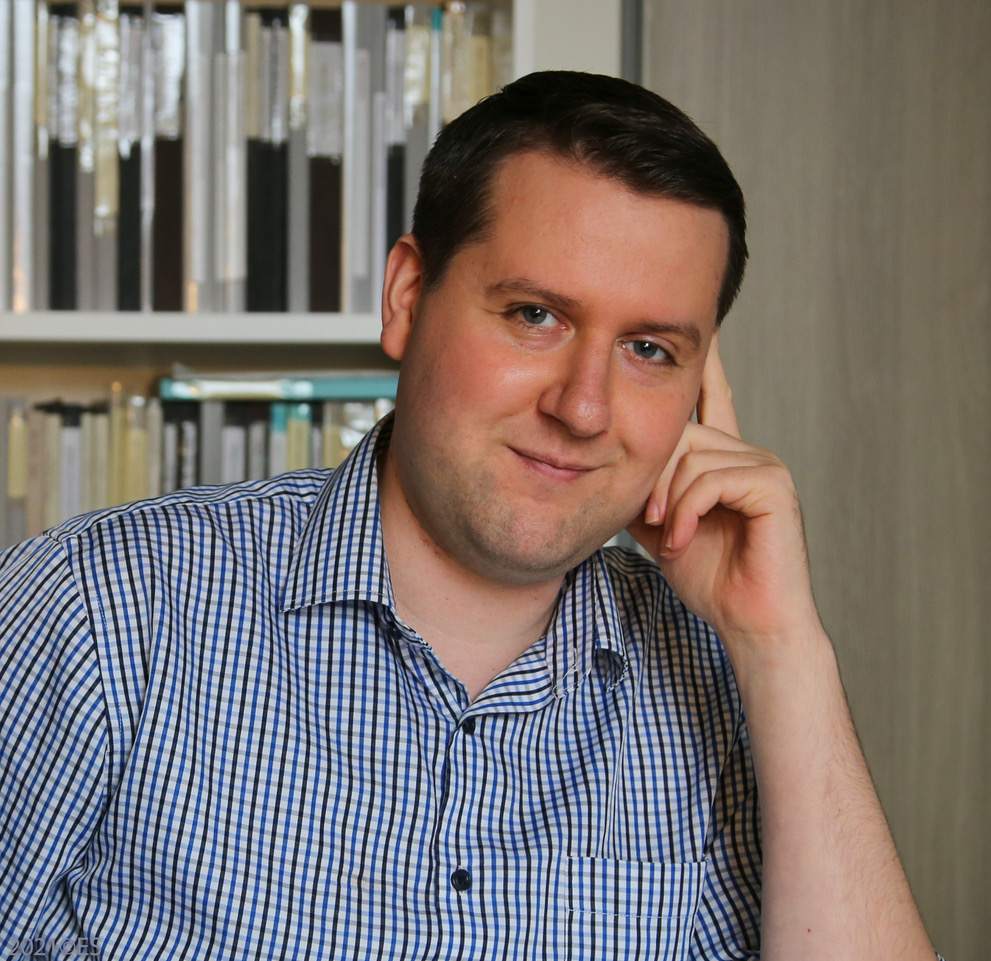In November/December 2021 Otto Lehto, an associate Junior Researcher at FRIBIS, joined us in Freiburg as a visiting researcher at the Götz Werner Chair of Economic Policy and Order Theory. On 7 March 2024, he will be giving a lecture on basic income “as a tool of adaptation and discovery” at the London School of Economics.
The event will be online and is open to the public.

Summary
Many of its proponents argue that UBI gives recipients “real freedom” (Van Parijs), consumer sovereignty (Friedman, Hayek), or increased protection against domination and exploitation in the labour market (Pettit, Standing, Widerquist). At the same time, many critics worry about the costs of the program. Assuming that UBI indeed has freedom-increasing properties, and that it can be implemented in a fiscally sound manner, how attractive a proposal (if at all) is UBI as “real freedom”? Issues of justice, fairness, and efficiency must all play a part in the debate. However, my talk argues that the best case for UBI-as-freedom lies in its capacity to act as a tool of adaptation in the face of radical uncertainty, social complexity, and emerging crises (like pandemics and A.I.). The increased autonomy that UBI gives to people may facilitate more creative and decentralized ways of solving problems. If the incentives are properly aligned, the decentralized actions of free and autonomous citizenry will lead to more innovations and more productive uses of resources. This benefits society on the whole. Of course, without sufficient safeguards, UBI-as-freedom may lead to various undesirable social outcomes, including a host of antisocial, unproductive, and destructive behaviours and attitudes. This means that UBI should be integrated into a broader institutional perspective that interferes minimally with the real freedom of the citizens but indirectly guides people’s actions towards the public good.
Speaker bio
Dr. Otto Lehto is a philosopher and political economist whose current work focuses on PPE, complexity theory, evolutionary theory, political philosophy, ethics, basic income, social epistemology, human enhancement, and naturalism. He is currently a postdoctoral research fellow at NYU School of Law (2022-) and an affiliated Junior Researcher at University of Freiburg’s FRIBIS Institute (2021-). He gained his PhD in Political Economy from King’s College London (2022) on the topic of Complex Adaptation and Permissionless Innovation: An Evolutionary Approach to Universal Basic Income. He also has a BA in English Philology (2009) and a Master’s Degree in Social and Moral Philosophy (2015) from University of Helsinki. He is the recipient of the Arts and Humanities Research Council (AHRC) LAHP studentship (2017-2019), Adam Smith Fellowship at George Mason University (2019-2020), and a Templeton Foundation Grant at King’s College London (2020). He is currently writing a book about basic income, innovation, and freedom. His website is www.ottolehto.com.